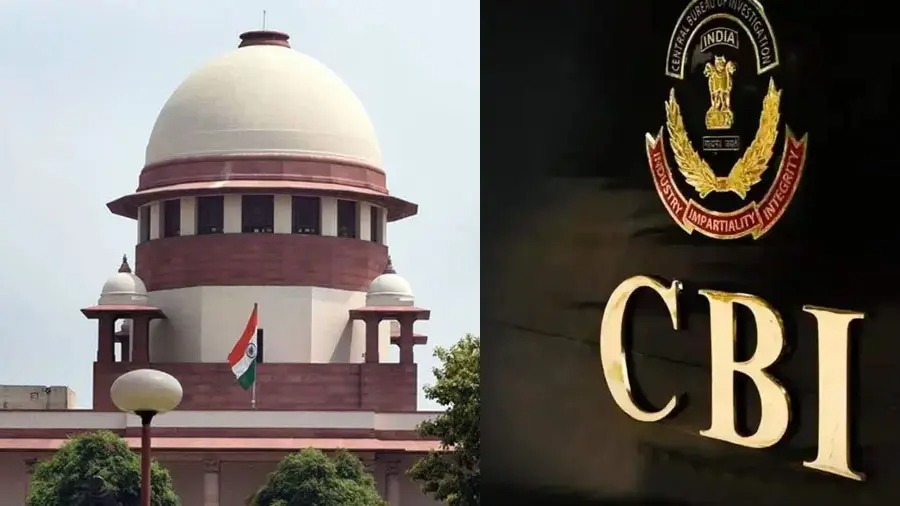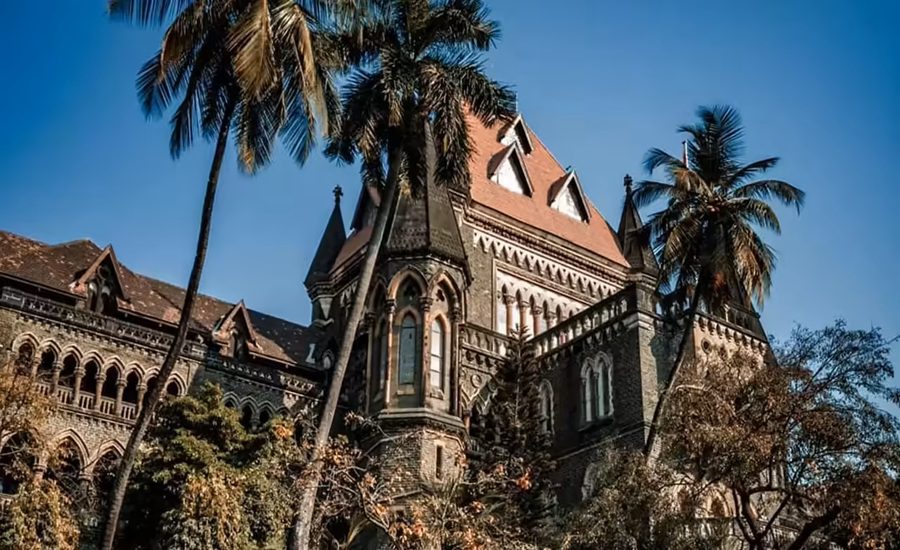@JUDGMENTTAG-ORDER
S. Tamilvanan, J.@mdashHeard both the learned counsel appearing for the petitioner as well as the respondent. This Civil Revision has been preferred by the petitioner/tenant, stating that eviction was ordered against the petitioner/ tenant, by order and decretal order, dated 21.06.2010 made in R.C.O.P. No. 1 of 2009 on the file of the Rent Controller/District Munsif Court, Sholinghur, that was confirmed by Judgment and Decree, dated 09.11.2011 passed in R.C.A. No. 9 of 2010 on the file of the Rent Control Appellate Authority/Subordinate Judge, Ranipet.
2. Mr. A. Venkatesan, learned counsel appearing for the petitioner drew the attention of this Court to page number 51 of the impugned order, whereby the learned Rent Control Appellate Authority had directed the petitioner/tenant to vacate and deliver vacant possession of petition mentioned property to the respondent/landlady within two months from the date of the Judgment.
3. Learned counsel appearing for the petitioner submits that before the expiry of the time limit given by the Court below on 07.12.2011 itself, the petitioner/tenant was forcibly evicted by the respondent/landlady with the help of police. In support of his contention, learned counsel drew the attention of this Court to the copy of the complaint given by the petitioner before the Inspector of Police, Sholingur, Vellore District. Learned counsel for the petitioner further submitted that the petitioner/tenant was forcibly evicted by the respondent, therefore, he is entitled to get redelivery and restoration of possession. In support of his contention, learned counsel for petitioner/tenant relied on the following decisions:
2.
3.
4. In
Had the possession of the premises was taken over by the respondents/landlords under threat or coercion, the revision petitioner/tenant could have reported the matter on the same day or on the subsequent day before the learned Rent Controller and could have lodged complaint before the police for the illegal act of dispossessing him from the property, under threat and coercion. It is seen that the petitioner filed the affidavit only on 23.06.2008, which shows that the revision petitioner/tenant had already handed over the possession of the property, without any threat or coercion to the respondents and admittedly, there was no stay against the order of eviction passed by the Court below.
5. In
7...It is news to me that a person who pays the amount or surrenders possession of the property decreed precludes himself from appealing against the decree and yet this is what the argument for the respondents comes to. There is no question here of a choice between alternative and inconsistent or mutually exclusive remedies; the litigant has a right of appeal against an order of remand; he has a right also to contest the proceedings taken in the trial Court pursuant to the order of remand; these are independent legal rights and the exercise of one such right is no bar to the exercise of the other. The aggrieved party is not even faced with alternative rights; it is the same right that he wishes to agitate both in the appeal against the order of remand and at the further stages of the trial after the remand. He has not lost his right to have an appeal against an order of remand merely because he has contested the litigation in the lower Court after the remand.
6. In
16. Our answers to the questions referred to us are as follows:
(1) A land lord who is occupying only a part of a building whether residential or non-residential, will be entitled to apply to the account controller for eviction of the tenant if he requires additional accommodation for his own residential purposes or for any member of his family or for purposes of a business which he or a member of his family is carrying on as the case may be. The words "for his own occupation" cannot be restricted to the personal need of the land lord.
(2) A tenant, who has been dispossessed pursuant to the order of eviction, will be entitled to restitution on the reversal of the said order of eviction.
7. In the light of decisions cited by the learned counsel for petitioner, it is clear that a tenant, who has been dispossessed forcibly by landlord, pursuant to an order of eviction is entitled to get repossession by way of restitution on the reversal of the order of eviction. In other words, even a landlord, who has got an order of eviction in his favour is not entitled to forcibly evict the tenant by way of adopting illegal methods, before the expiry of the date on which the tenant was directed to vacate and hand over the vacant possession of the premises.
8. At this juncture, this Court has to consider whether the decisions rendered by this Court cited by the learned counsel for petitioner/tenant are applicable to the facts and circumstances of this case for allowing this petition and to pass orders in favour of the petitioner/tenant towards re-delivery of possession by the respondent/landlady.
9. Mr. M.V. Muralidaran, learned counsel appearing for the respondent submitted that there was no forcible eviction of the petitioner/tenant as alleged by him. According to the learned counsel, the petitioner/tenant had voluntarily handed over the possession on 07.12.2011, after the eviction order reached finality. In support of his contention, he produced a letter given by the petitioner/tenant to the Inspector of Police, Sholinghur, stating that he had voluntarily handed over the possession of the premises to the respondent/landlady, after taking out all his house-hold articles. According to the learned counsel for the respondent, this letter was attested by four witnesses and therefore, the petitioner is not entitled to say that he was forcibly evicted by the respondent/landlady, by way of filing the petition.
10. It is seen that the revision was preferred on 02.01.2012 by the petitioner/tenant. On the side of the petitioner/tenant, except the copy of the complaint given by the petitioner/tenant before the Inspector of Police, Sholinghur, there is no other supporting evidence to show that the petitioner had been forcibly thrown out from the Rent Control premises. The learned counsel for the respondent/landlady submitted that there was no need for forcibly evicting the petitioner/tenant, since the Rent Control Appellate Authority has passed an order, directing the petitioner/tenant to vacate and hand over the premises within two months from the date of the order and he further submitted that had the petitioner been thrown out from the R.C.O.P premises forcibly, as alleged by him, there could be no possibility for him to hand over a letter, dated 07.12.2011, stating that he had voluntarily vacated the premises and handed over the same to the respondent.
11. According to the learned counsel for the respondent, had the letter been obtained forcibly by the police, the petitioner could have approached the higher police officers, by complaining the alleged illegality of the Inspector of Police, Sholinghur. However, no such complaint was given to the police higher officials against the said Inspector of Police. According to the learned counsel for respondent, only after handing over the possession of the premises voluntarily to the respondent/landlady, the petitioner/tenant has raised the unreasonable plea, seeking re-delivery of possession of the premises.
12. Learned counsel for the respondent further submitted that after handing over of possession of the premises, the building was demolished and fresh construction work is also going on at the house site. However, the counsel for the petitioner disputed the aforesaid alleged version of demolition and the new construction being made. However, it is an admitted fact that the possession is not with the petitioner/tenant on the date of filing of the petition. Had the petitioner/tenant been dispossessed forcibly against law, he is entitled to claim damages by establishing the averments made in the petition.
13. Learned counsel for the petitioner also drew the attention of this Court to paragraph number 12 of the grounds, which reads as follows:
Lack of bonafides on the part of respondents and her sons is also patent from the fact that though two months time was granted by the Rent Controller Tribunal to the petitioner for vacating the premises, by its order, dated 9.11.2011, the respondent and her sons took the law into their hands and forcibly taken possession of the petition premises throwing away all the costly power looms, machines etc., belonging to the petitioner on 7.12.2011 itself taking advantage of police influence and police not acting upon the complaint of the petitioner and not even received the complaint lodged by the petitioner against such illegal forcible eviction which has necessitated the petitioner to institute independent civil proceeding to restitution and also for damages.
14. As there is no direct evidence to show that the petitioner/tenant was forcibly evicted against law, after the order, dated 09.11.2011 passed by the learned Rent Control Appellate Authority, this Court cannot grant an order for restoration of possession, the relief sought for by the petitioner, merely based on the averments made by the petitioner. As per the letter, dated 07.12.2011 given by the petitioner to the Inspector of Police, Sholinghur, he has stated that he had voluntarily vacated and handed over the premises to the respondent on the said date. The said letter given by the petitioner is not in dispute, however, the petitioner says that under a compelling circumstance, the letter was given by him, however, the said averments cannot be established in the Revision, without adducing further evidence and providing reasonable opportunity to the other side. As per Section 103 of the Indian Evidence Act, the burden of proof relating to a particular fact lies on that person, who wishes the Court to believe in its existence. Hence, the burden of proof lies on the petitioner herein to establish that he had been forcibly evicted by the respondent from the premises and that he gave the letter not voluntarily but only on a compelling circumstance.
15. On the facts and circumstances, this Court is of the view that the revision itself is not maintainable, seeking an order to restore the possession of the premises. However, it is open to the petitioner/tenant to move the civil court, if he is so advised, as per law and it is also made clear that the dismissal of this civil revision petition would not be a bar against the petitioner herein in seeking appropriate relief through Civil Court, by establishing his claim, as per procedure known to law. With the above observation, this Civil Revision Petition is dismissed. No costs.

